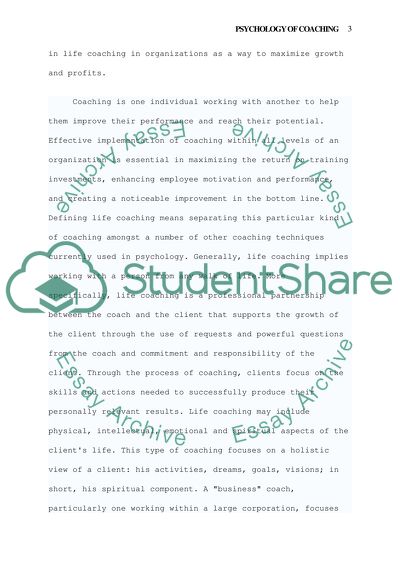Cite this document
(“Pschology of Coaching Essay Example | Topics and Well Written Essays - 2000 words”, n.d.)
Pschology of Coaching Essay Example | Topics and Well Written Essays - 2000 words. Retrieved from https://studentshare.org/sociology/1523991-pschology-of-coaching
Pschology of Coaching Essay Example | Topics and Well Written Essays - 2000 words. Retrieved from https://studentshare.org/sociology/1523991-pschology-of-coaching
(Pschology of Coaching Essay Example | Topics and Well Written Essays - 2000 Words)
Pschology of Coaching Essay Example | Topics and Well Written Essays - 2000 Words. https://studentshare.org/sociology/1523991-pschology-of-coaching.
Pschology of Coaching Essay Example | Topics and Well Written Essays - 2000 Words. https://studentshare.org/sociology/1523991-pschology-of-coaching.
“Pschology of Coaching Essay Example | Topics and Well Written Essays - 2000 Words”, n.d. https://studentshare.org/sociology/1523991-pschology-of-coaching.


